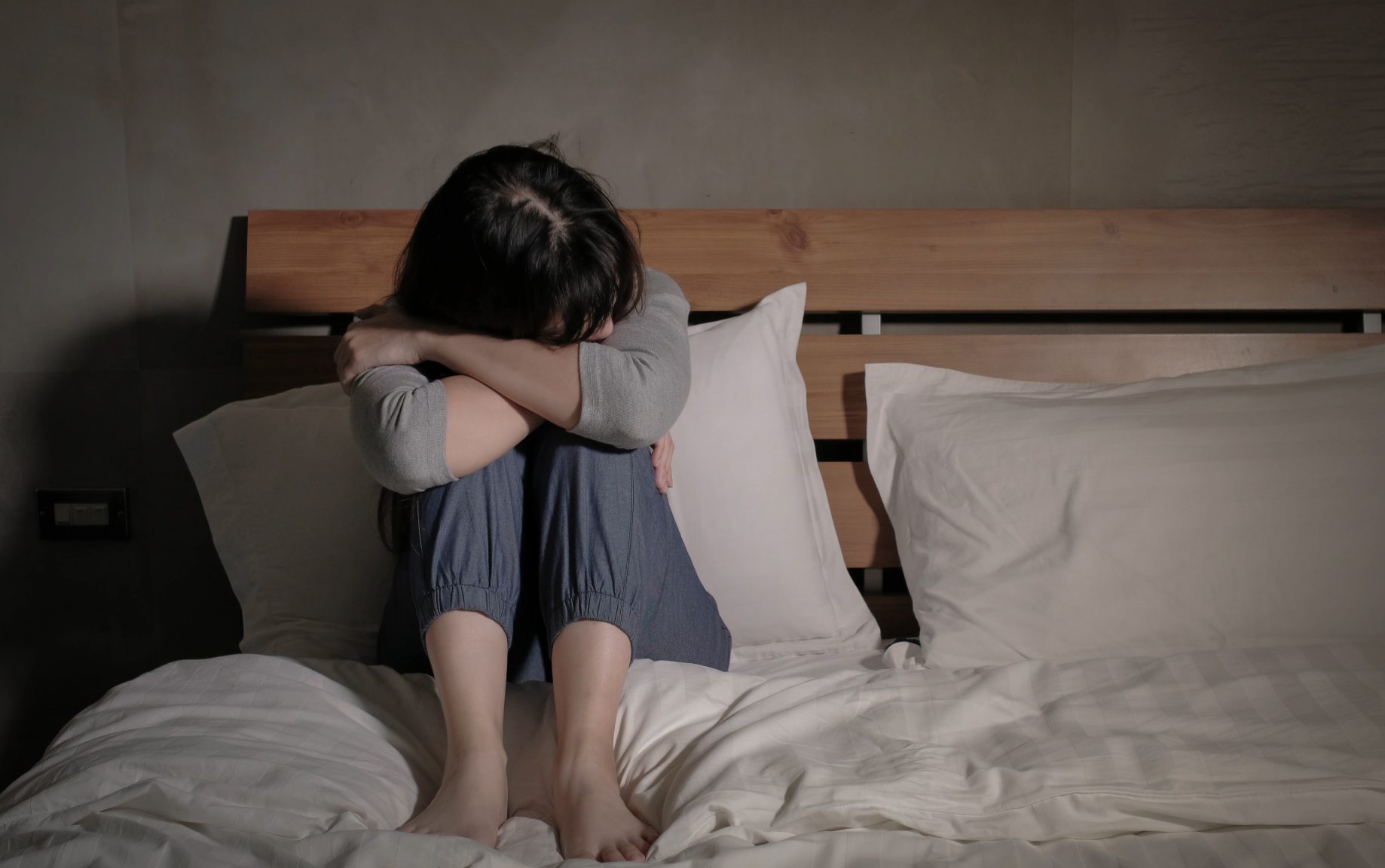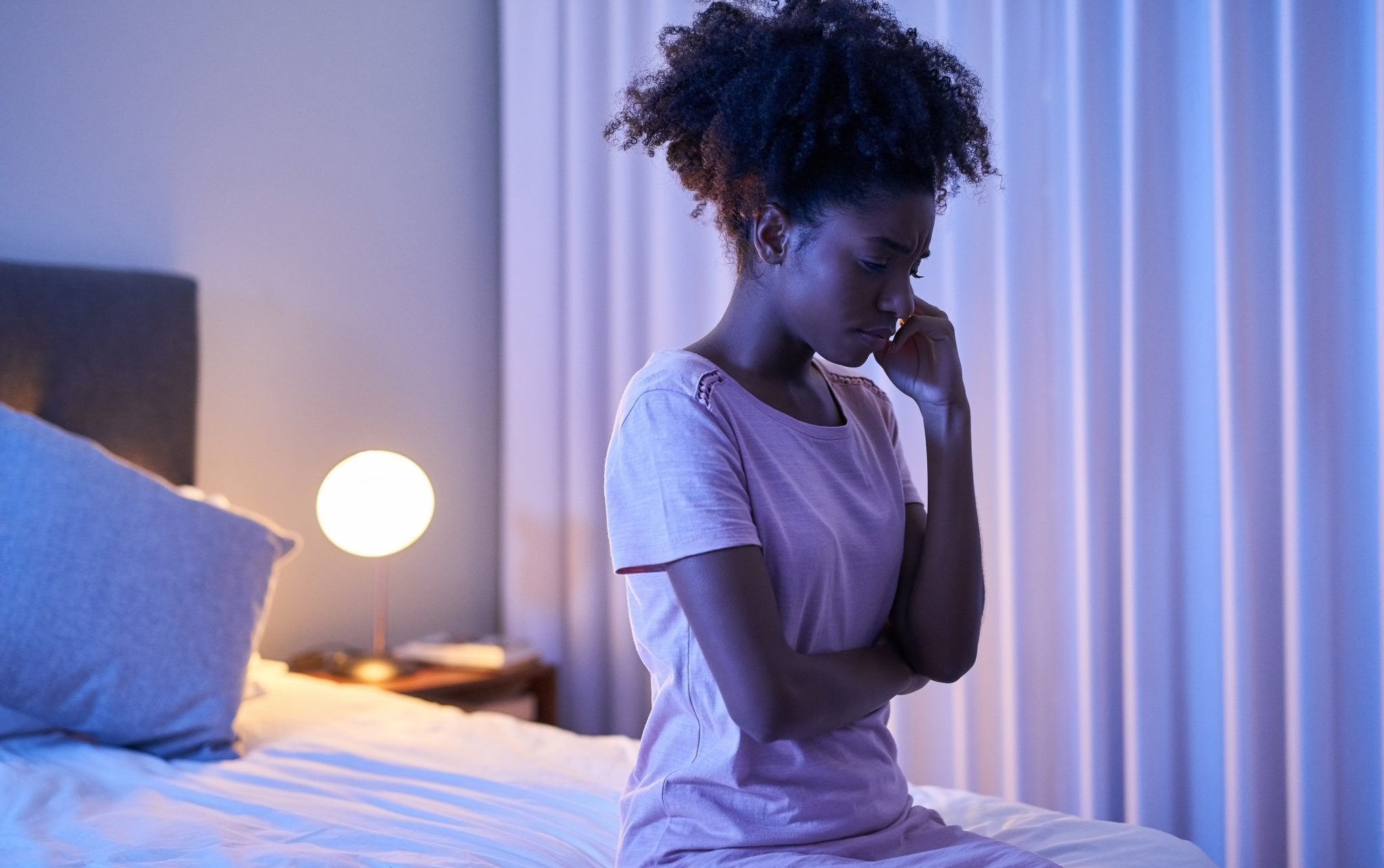Sleep is one of the basic physical human needs. You'd think it should be achieved without much effort. But if you came here with a nagging question “Why am I sleeping so much?” you sure do know it's not quite so.
For a healthy adult, it is optimal to spend 7-8 hours per night sleeping. Anything less than that can quickly lead to sleep deprivation. Anything beyond 9 hours of sleep should be called oversleeping, or, in clinical terms, hypersomnia.
What does it mean if you sleep a lot?
The hours can vary from individual to individual. It all certainly depends on your genetics, your age, your activity level, and your lifestyle in general. Make your own feelings your indicator. If you think you sleep too much and you feel bad in any way about your sleeping hours, that's what you should trust and seek more information and help.
An occasional sleeping in on the weekends or after stressful events, such as an exam session, is normal. Everybody needs some extra hours of rest to recuperate from time to time. It is also a known fact that teenagers are much more likely to stay up till late and then sleep till afternoon the next day, whenever they can.
But if you're an adult and can't make yourself get up in the mornings and still constantly want to sleep so much that it's all you think about, you should definitely dig into this problem as soon as you can.
Sleeping and napping for more than 10 hours a day and still feeling fatigued can mean you have hypersomnia as a primary condition. It can lead to or be a result of a numerous other disorders. The following are just a few most common clinical reasons for oversleeping.
Depression

Depression is strongly linked to low motivation, low self-esteem, a sense of worthlessness and pointlessness, apathy, and negative thinking. All of these criteria can force a person to seek shelter from this bleak reality, hide from dull responsibilities, and from social engagements.
Sleep becomes a sort of haven, giving the opportunity to lose oneself in the privacy of dreaming. However, sleeping for too long usually results in a bad mood and self-hatred, which, in turn, feeds the illness further.
Idiopathic Hypersomnia
It's a neurological disorder and its primary symptom is excessive daytime sleepiness. Another strong characteristic of this condition is finding extreme difficulty in waking up. The sleep is so deep that even several alarm clocks and physical attempts of family members and friends to wake the person up often fail.
A person may sleep for 10 hours per night and still not feel refreshed during the day. Daytime naps become a daily habit and can last for as long as several hours. However, a person does not feel rested still.
Narcolepsy
If you love to sleep so much, especially nap so much, that this behavior disrupts your work, your social life, and leisure activities, you may be having narcolepsy. It's a neurological disorder that makes one's brain less able to control the sleep-wake cycles.
The main symptom of this condition is excessive daytime sleepiness and tiredness that can sometimes emerge in strong uncontrollable urges to go to sleep. The resting hours per day might not exceed the aforementioned limits of a healthy individual, but the quality of it is so low that it never seems enough.
Sleep Apnea
This condition is characterized by disrupted breathing during sleep in a form of shallow breathing or extended pauses. These breathing breaks can last from a few seconds to a few minutes, resuming back to breathing with choking or snorting sounds.
This kind of sleep, again, may not result in lower number of resting hours, but rather in a significantly poor quality. A person with sleep apnea can wake up several times per night without even knowing. This leaves a person with severe tiredness during the day or difficulties getting up in the morning and trying sleep longer.
Other conditions
Drugs, alcohol, and prescription medication abuse or overuse can easily cause oversleeping. This can stem either from the overall sleepiness and drowsiness, induced by the psychoactive and sedative substances, or from poorer quality of sleep.
Obesity is strongly linked to sleep disorders such as hypersomnia. It can be either the cause or the result of excessive body fat buildup.
There are a handful of neurological disorders that are not primarily linked to sleeping problems, but can result in having too much sleep in the long run. These are Parkinson's, Alzheimer's, multiple sclerosis, encephalitis, epilepsy, brain injuries, and others.
Oversleeping and daytime fatigue can also signal certain vitamin deficiencies. Iron, magnesium, potassium, vitamin B12, vitamin D, and folate are the primary suspects. If you're experiencing general tiredness. Simply get your blood checked, especially if you're on a restricted diet. It won't hurt. Much.
What to do?
If you think that you sleep so long every night that you can't function adequately during your waking hours, see a doctor. It will help if you make an observation of your physical and mental health prior to your visit. Try to take notes on how you feel before and after going to bed as well. But there's simply too many reasons for oversleeping to jump to conclusions by yourself without consulting a specialist.





